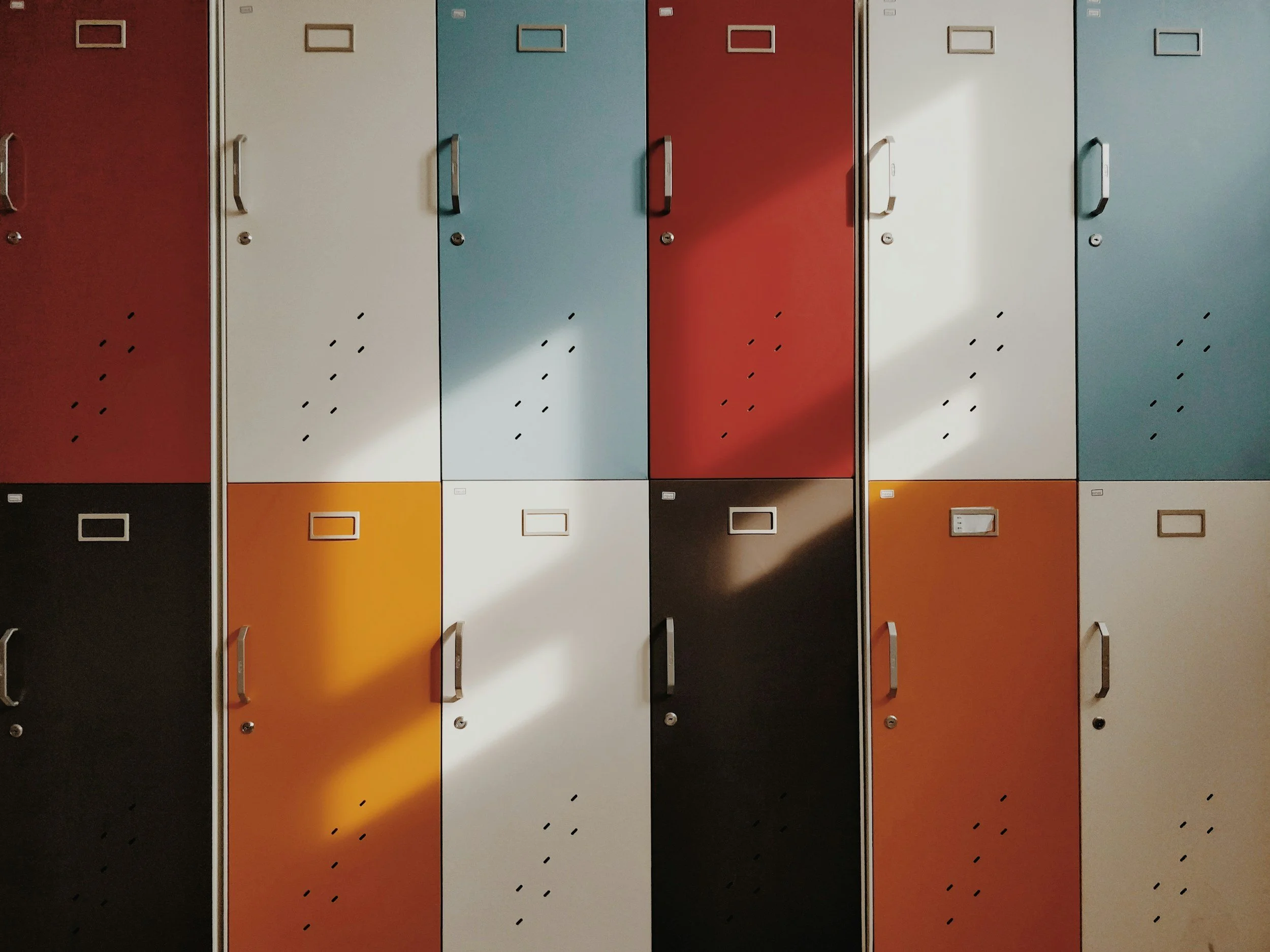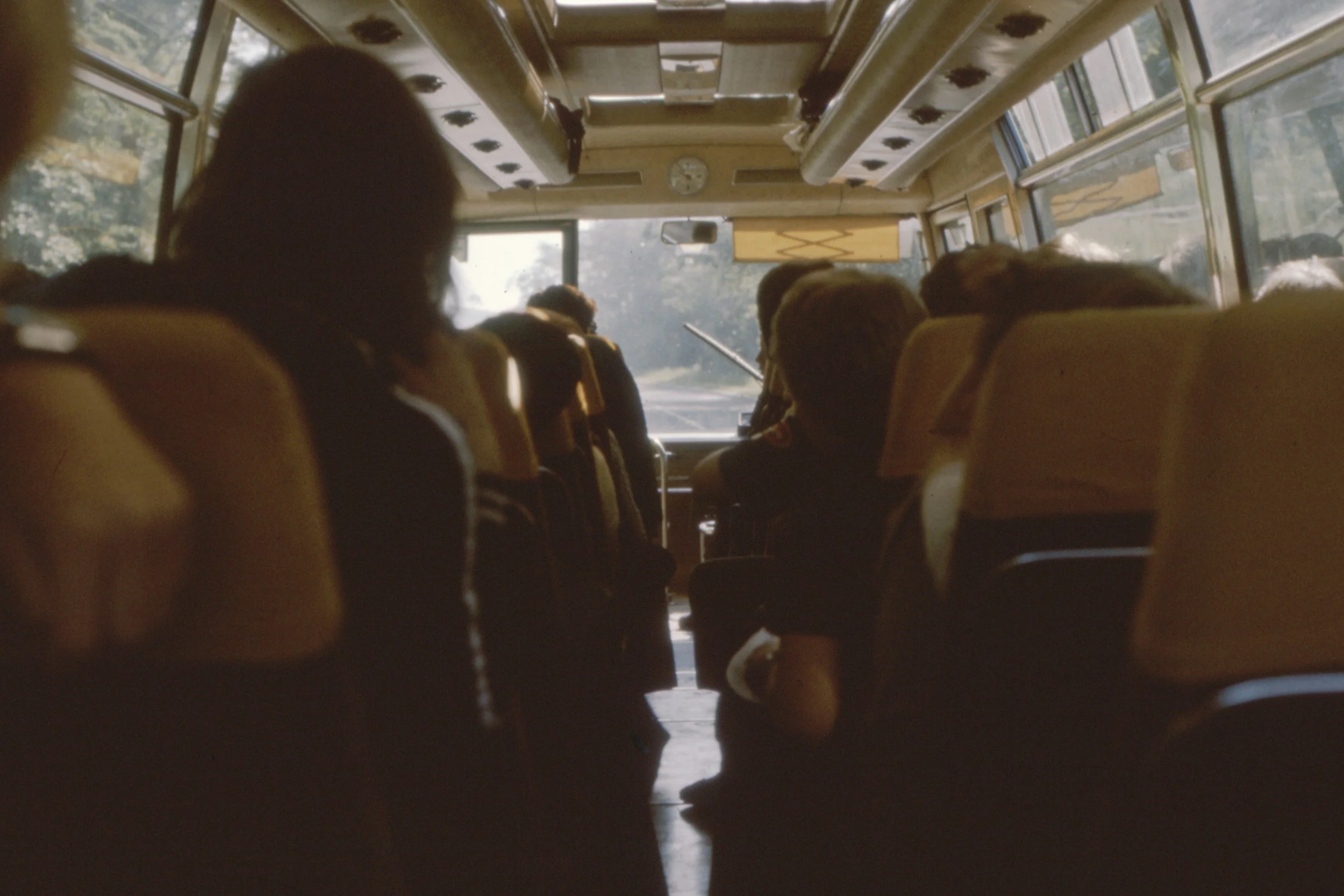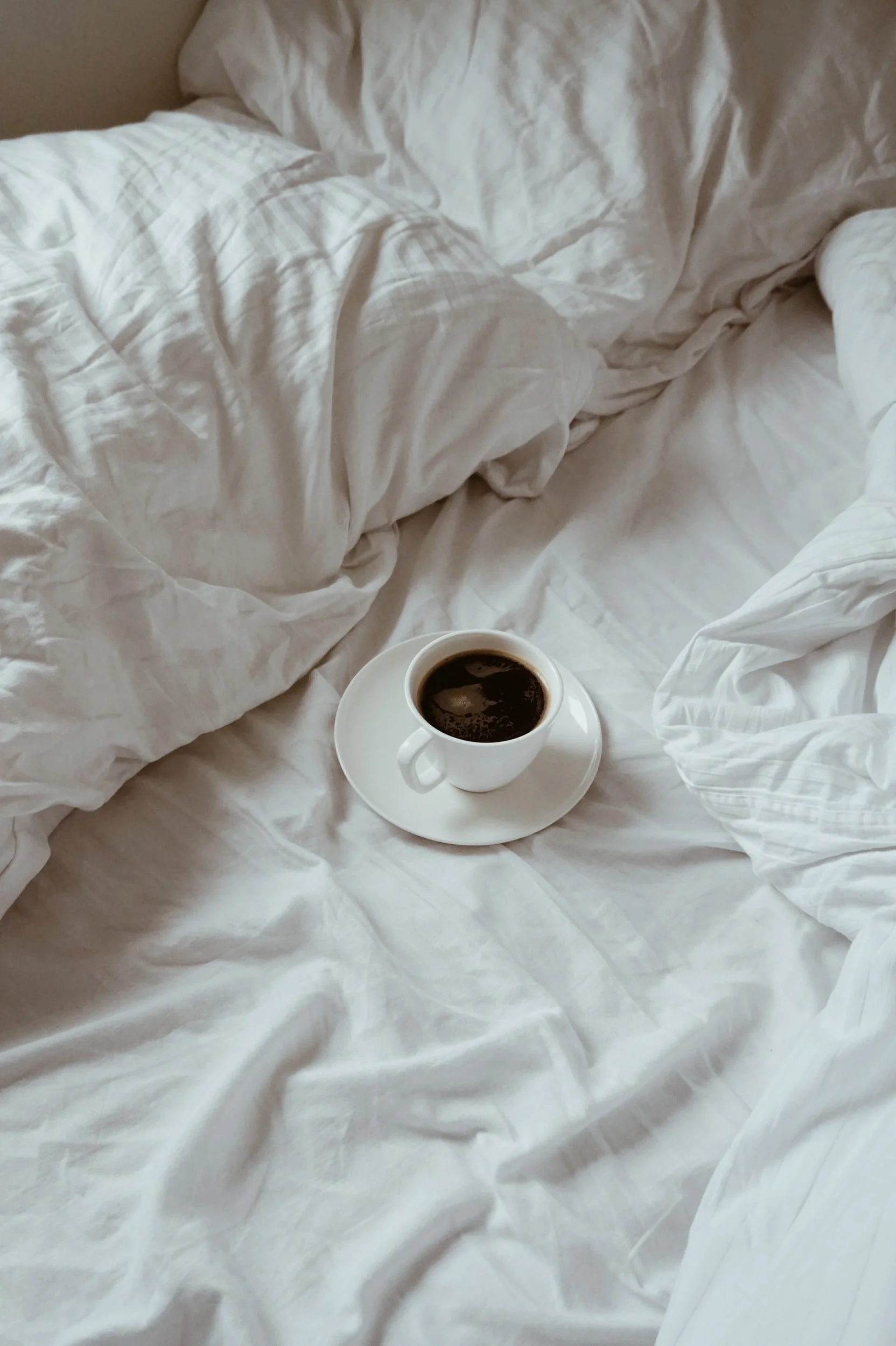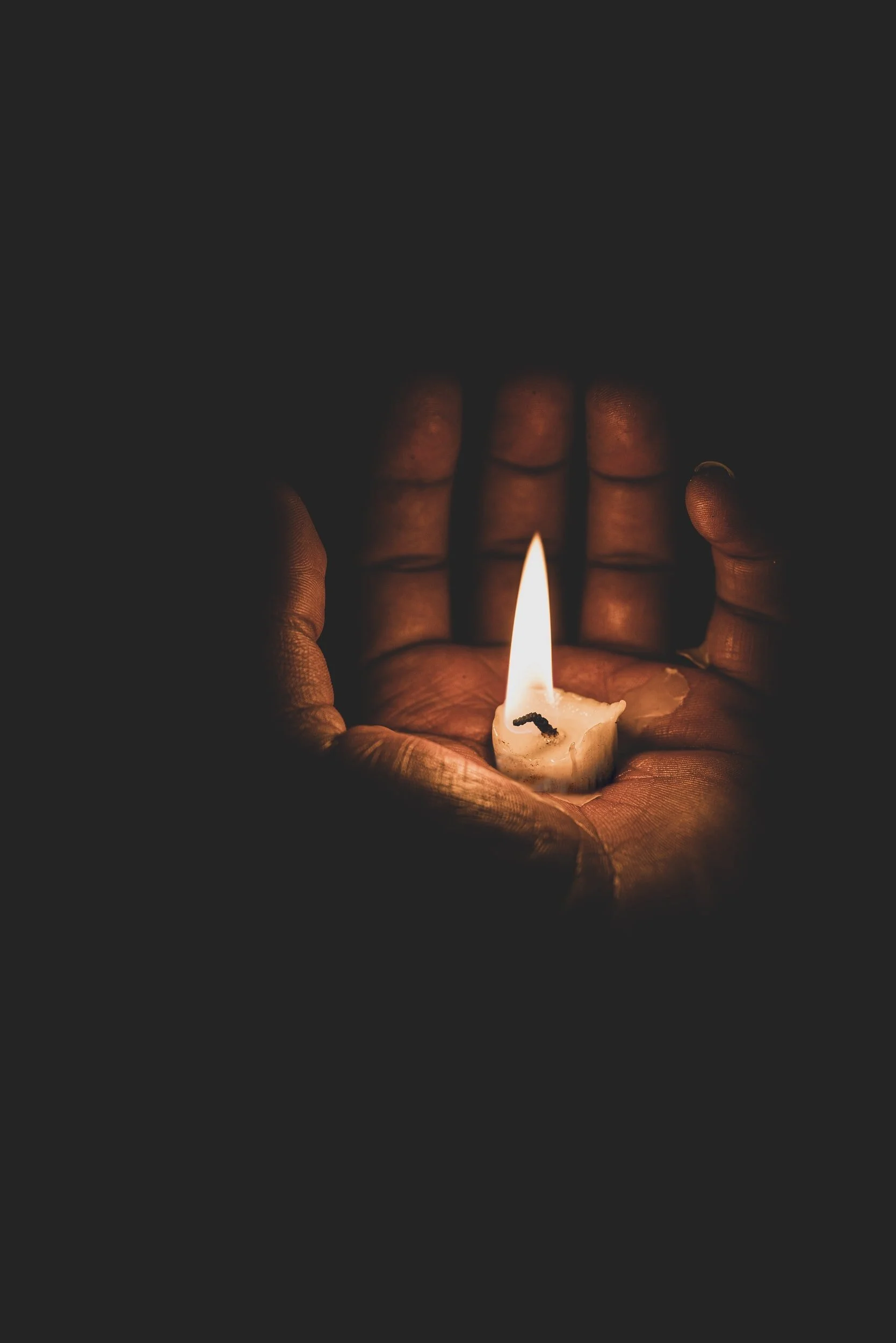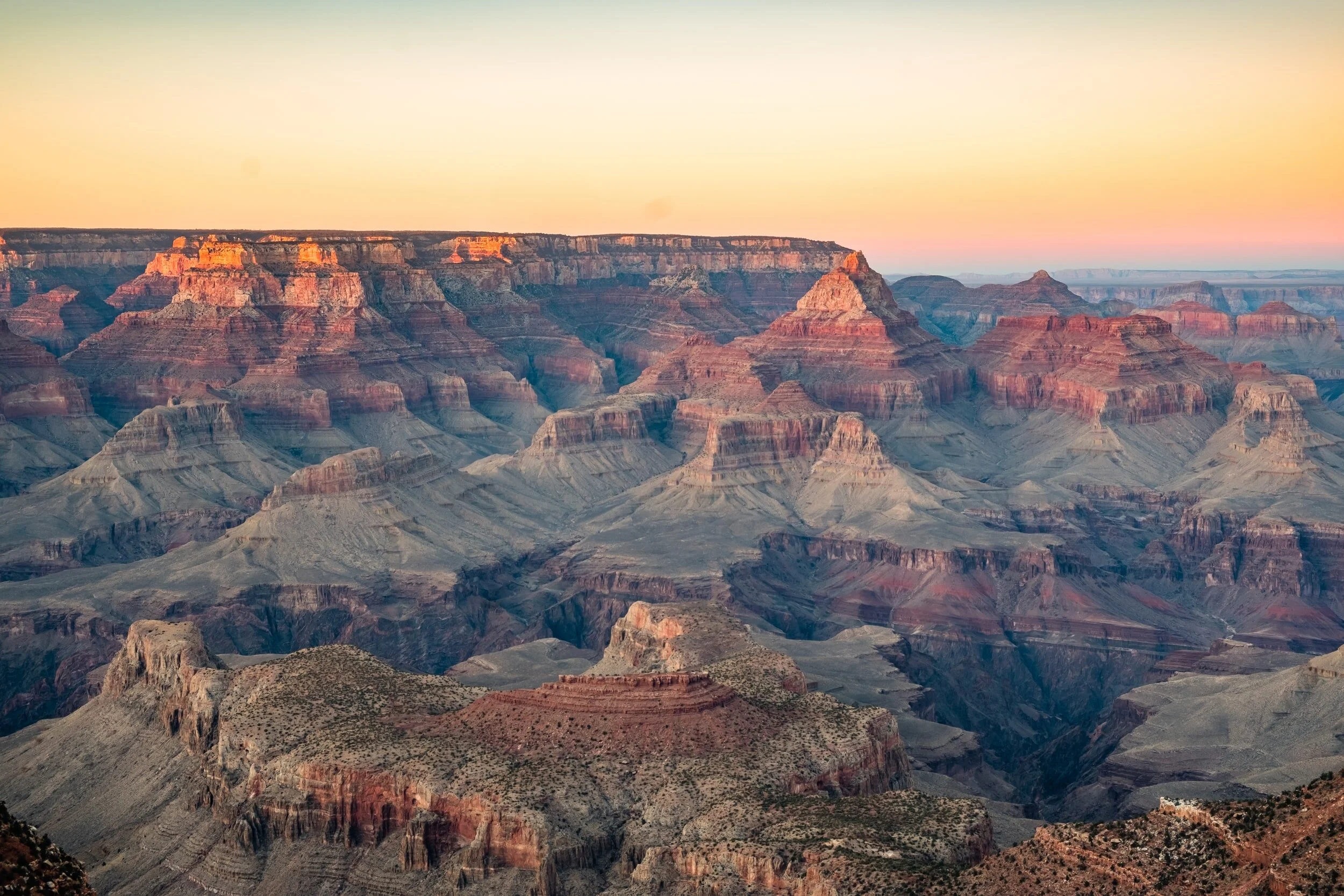Juicy
On the dock beneath a Wolcott summer house, you show me how to cast. I flick my wrist and it goes nowhere near as far as yours. By means of sarcasm we agree it’s not the most vegan thing to do. Later by the fire, you hear the splitter splatter in the water as I roast a marshmallow in the din of our friends’ chatter and guitar tunes.
“They are taunting me,” you say of the fish, “can you hear them?”
When we finally get back to the home we pre-cleaned, I think of your clammy skin against mine, twitching with desire. I feel a pulse below. The footsteps up the squeaky hardwood floor are slow and steady, lest I slip and harm my shin. “Are you in the mood?” You say, yes, but up there in the bedroom, your eyes stroke the ceiling.
It’s like a countdown of the last five minutes before knock-off time.
On another night, at my place, I type into google: What’s code for I have ED? I expect phrases I can recognize:
I am tired. I must get up early. Not right now.
I wonder about the you you suppress plastered beneath the Marxist theory, the gender theory, the prison abolitionism, the correctness. I wonder who you were before you read and learned to state things with an assurance protected by the structure you strive to dismantle.
“Don’t respect my body in the bedroom. Explore,” I say when I see your hands locked in place on my clavicles during a kiss.
I give you tickles when your mind drifts, silence when you need it.
I want you here.
Am I boring?
Your mom and dad tell me to take care of you. I want to. Will you let me?
*
Before us I have other thoughts.
There is the day I decide I don’t want things. I pull out both the Samsonite suitcases I bought from TJ Maxx months before my mother died and open them wide on my carpeted bedroom floor. I grab a white trash bag from the kitchen and fill it with colorful clothes I vow never to wear.
For a while I wear only gray and black.
There are times when global aftermaths playback over and over in my head until it all feels like the same story. Or, the new year, which replicates the previous so that history isn’t’ even history anymore.
I pen them down.
The Vietnam War’s Napalm girl running naked with arms spread open, as if wishing to fly away from the hot zone. Four others are in the frame with her, running.
There is the year the Ovaherero Paramount Chief Rukoro dies, and I cry a single tear in the shower. I do not feel enough. The outspoken Kazenambo Kazenambo follows soon after. The big goons leading the reparations talks with Germany are subdued by a microscopic enemy.
There’s Afghanistan, Palestine, the walls, and fences. There’s fracking in the Okavango Delta. Millions are dead. Thousands are being evacuated. A man falls off a US bound plane trying to escape the government to come. The plane takes off with him dead on the tarmac.
I am born eighty years after otjitiro otjindjanda. My mother is born sixty-one years before me into the same—a barefoot child calloused in the scorching sun on a reservation called Omutiuanduko.
*
I feel like I’m in love and my bowels are unhinged, but I know it’s some other emotion. It’s a feeling born from my knowing the silencing nature of death. What we don’t get to say dies with us. Death is silencing of a permanent sort. Perhaps that fervent voice will never be heard, but the essence of a short-lived fight echoes across eons like starlight. A video here, a voice recording there, the occasional newspaper article. Bones and other remains. The West bragging of past triumphs by the sheer display of those from faraway places in museums. These reverberations cannot be silenced even though the source is obliterated.
We keep bones in our museums because we do not want to forget our achievements. These bones, described by an ivy league professor as “juicy,” are what trophies are to a serial killer. The same is true of taxidermy, or human skins for lampshades, bleached human skulls for garden ornaments. We are sick. All academic posturing is a histrionic device meant to draw attention away from the real thing.
*
I am the hibernator lured out into the snowstorm in which I first lay eyes on you. I’m lured by the smell of food, chatter, and giggles, which feel as infinite as the joy of companionship. You were meant to remain a friend, unsullied by the meeting of our lips, but you became a door to a new world.
I want to know the world you envision, and unbeknownst to you, you are my mentor for a new way of being.
Before you, I am crouched by the world’s weight. I’m fearful. I tell you I do not like to speak; I write and so I write.
Five months later, the afternoon before you shut the door we opened, I feel the loss in an email response. You say I’ll have your respect. Nothing would change that. I’m thrown to the curb by “nothing.” In this statement is a hidden sword. Nothing good comes from swallowing a needle spiked brownie, and nothing comes of our talk later that evening.
You cannot do US.
After the email response I go home and sleep. It’s broad daylight and I want darkness, warmth, silence. I do not feel the needles in my gut until I cannot stand food. Until one morning when my throat feels clogged in the dream state.
I see myself sit at the curb. A BU school counselor sells me the New York Times for four dollars. I give him four bronze coins each engraved with five triangles arranged curved base to curved base in a semi-circle, and there’s an eagle perched and looking at the one dollar sign.
When I stand up the counselor, who’s also your friend, tries to brush pebbles off my butt in shorts. You are in the distance.
“Sweetie,” you say, and I respond.
Later in your kitchen we hug, our lips meet. You are happy. The world feels smokey and my face tingles like I’m high or something. I’m almost happy. There’s a knowing this moment isn’t real. It’s only a dream that comforts me on a Monday afternoon when some sweet message worries me.
I’m kind, you say, loving, and an all-round wonderful person. You exclaim I’m underratedly funny. This after I tell you I feel cared for and respected by you. “Enormously,” you add, “nothing will ever change that.”
Nothing will ever change that, and indeed “nothing” does.
*
Alone I engage in thought since it’s all I have now. What is this quarter-sized vacuum in my throat, this fullness behind my eyes, this leaking at the corners? Why does my whole self feel like a full bladder?
My bedroom is the way I leave it.
A heap of unwashed clothes on the reading chair, spilling out the laundry basket for three weeks counting. There’s a pile of books on the window ledge against the blinds I never open. It’s a small room, yet not small enough. My mind desires I sleep under the single wooden bed. Curl like a pangolin after a stick poke, my exoskeleton turning me acorn, I feel unhuman.
What’s this rot inside? This change of state from solid to liquid trapped in the unpunctured armor which is my body? How does someone see me strong when all I am is liquid locked away by eyes that sweat in the winter. Is strength molten or rigid? If it is the former, I am no river. I’m an ice cube, frozen peripherally, which is to say I haven’t felt cold enough long enough. If I fall, I’ll break, and it is the departure from this fragile state which becomes my quest. Not to cry but to transcend this ever-enlarging gap in my throat.
*
Some time passes. This time you are on the West Coast for a month. This time my room looks different. The clothes are washed but unfolded. There are fewer books on the window sill. There’s a gift bag next to the books. Inside it is a mug with a luggage tag. On the tag is a replica of Frida Kahlo’s self-portrait. Inside the mug is a velvet drawstring-shut sack small enough to be cupped in one hand. Inside it is a plastic wrapped key chain engraved with the words “goat queen.” The person I want to give it to happens, like you, to also be on the West Coast.
I write, I write, I tire and nobody on my side of the world has leisure time to call.
I’m grading student portfolios and I’m thinking of you in California. I want to molt. Lose the skin you hacked into by no fault of yours, so I can be sparkly like an onion’s second layer. The funny thing is that in four years I will have forgotten this pain that only took five months to leave an impression deep enough for me to feel the absence of US.
*
After you, I return to my default thinking self. I want to grab my backpack and walk out on the world. I feel trapped in a maze of a building with multiple doors, none of which lead to the outside. I want to be pointed to the exit, or I want to be the girl in that old fairy-tale who opens the one door she was not supposed to open.
The exit door to me is simply sky. Faint of blue, fluffiest of clouds floating by. I want to feel like I do on a plane looking down through an oval window at the earth below. The ugly obliterated by the sheer beauty of nothing. Just atmosphere or troposphere—who knows how high the planes I’ve been on have flown.
When I was a little girl, taking my book-filled backpack and walking out the house was my escape. I loved going to school, which is strange considering the number of those who would rather be in a house somewhere.
I don’t know where to start my story. An academic tells me not to tell people about my country by starting with colonialism. It’s like you are ignoring the rest of history before the European’s arrival, he says.
I don’t think it matters where I start my story. What matters is that I tell it lovingly from my heart. There are concepts more complex than straight lines, or linear narratives. What if I just pointed my telescope at the spots which both delight and distress?
On the reservation called Omutiuanduko, when I was four, my curiosity killed a chick. I thought they ate little rocks as they pecked about. After the experiment, the yellow fluff ball of a chick lay flat on her back, her black legs like leafless twigs. I cried.
It wasn’t a very vegan thing to do.
In this moment, there are flowers in a small mason jar by my wide-open window. Yellow centered, white petaled, I picked them yesterday at around the same time as now. I could hear the vehicles swooshing and humming past where I continue to live. I wondered where everyone was going. I wondered what each lone driver was thinking about, if they were on their way to a fishy lunch, if they too kept pollen filled blossoms by their windows, to ward off the ugly.
-Mercia Kandukira
Mercia Kandukira was born in Omaruru, Namibia where she obtained her B. Ed at the University of Namibia. As a Fulbright scholar, Mercia obtained her MA in English Creative Writing at Binghamton State University of New York where she now pursues a doctoral degree in English. Her creative nonfiction has appeared in Windmill: the Hofstra Journal of Literature and Art and is forthcoming in Alchemy Literary Magazine. Her Short Fiction is forthcoming in Praxis: Journal of Gender and Cultural Critiques.


